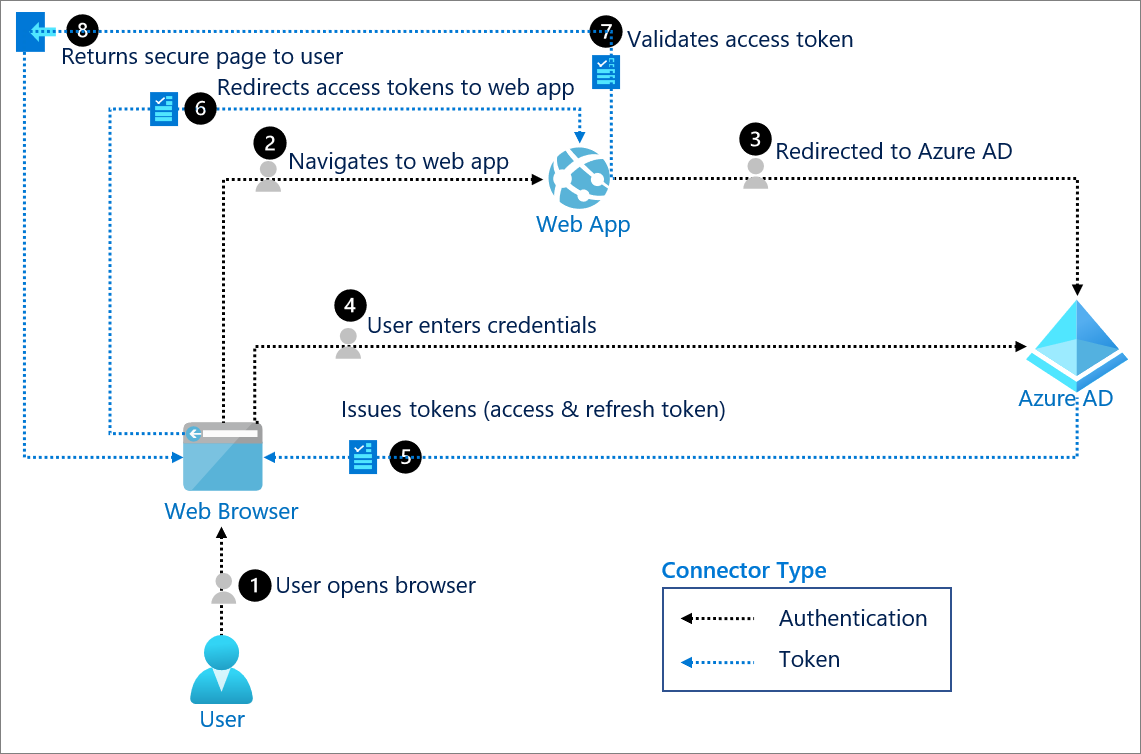Building a Cyber Security Culture That Works: Beyond Technology Solutions
Today's cyber security landscape demands more than advanced technology and robust policies.
The NCSC's launch of their cyber security culture principles confirms what forward-thinking organisations have known for years: sustainable cyber security is fundamentally about people and culture, not just technology.

Why Culture Drives Security Outcomes
Every day, your employees make decisions that directly impact your security posture. They choose whether to report suspicious emails, decide how to handle sensitive data, and determine whether to follow security protocols when under pressure. These micro-decisions, multiplied across your organisation, determine whether your security investment succeeds or fails.
Research consistently shows that people's ability to support security correlates directly with their organisation's culture around cyber security. When employees feel supported, trusted, and empowered to make security decisions, they become your strongest defence. When they feel blamed, confused, or bypassed, they become vulnerabilities.
The Cultural Shift Required
Moving from a compliance-driven security approach to a culture-driven one requires fundamental changes in how we think about cyber security:
From Enforcement to Enablement Traditional security approaches focus on preventing people from doing things wrong. Culture-driven security focuses on enabling people to do things right. This means framing security as a business enabler that helps people achieve their goals safely, rather than a barrier to productivity.
From Blame to Learning When security incidents occur, the cultural response determines future behaviour. Organisations that respond with blame and punishment create cultures where people hide problems. Those that respond with learning and improvement create cultures where people proactively identify and address security risks.
From Top-Down to Collaborative Effective security culture isn't mandated from above – it's built through collaboration between security teams, business leaders, and employees. Everyone has a role in creating and maintaining the cultural conditions that support good security.
Building Sustainable Security Culture
Creating lasting cultural change requires sustained effort across three key areas:
1. Leadership Commitment
Security culture starts at the top. Leaders must demonstrate through their actions – not just their words – that security is a business priority. This means:
- Making security considerations part of business decisions
- Recognising and rewarding good security behaviours
- Taking responsibility when security culture fails
- Investing in the long-term cultural changes, not just quick fixes
2. Security Team Evolution
Security professionals must evolve from gatekeepers to enablers. This cultural shift requires security teams to:
- Build trust through supportive, collaborative relationships
- Communicate in business language, not technical jargon
- Focus on outcomes, not just compliance
- Become partners in business success, not obstacles to it
3. Employee Empowerment
Employees need to feel capable and confident in making security decisions. This requires:
- Clear, practical guidance that works in real-world situations
- Training that builds understanding, not just awareness
- Systems and processes that make secure choices the easy choices
- Recognition that security is everyone's responsibility
The Business Case for Cultural Investment
Investing in security culture delivers measurable business benefits:
Reduced Incident Frequency: Organisations with strong security cultures experience fewer security incidents because people proactively identify and address risks.
Faster Incident Response: When incidents do occur, culturally mature organisations respond faster because people feel safe reporting problems immediately.
Lower Compliance Costs: Strong security cultures reduce the need for extensive monitoring and enforcement mechanisms.
Enhanced Business Agility: When security is embedded in culture, organisations can adapt quickly to new threats and opportunities without compromising security.
Getting Started
Building security culture isn't a one-off project – it's an ongoing commitment that requires patience, persistence, and measurement. Organisations beginning this journey should:
Assess Current Culture: Understand how people currently experience security in your organisation. What barriers exist? Where do people feel supported or frustrated?
Start Small: Begin with pilot programmes that demonstrate the value of cultural approaches before scaling organisation-wide.
Measure What Matters: Track cultural indicators, not just technical metrics. How do people feel about reporting security concerns? Do they see security as helping or hindering their work?
Learn and Adapt: Cultural change is iterative. Regularly assess what's working, what isn't, and adjust your approach accordingly.
A Collaborative Future
Collaboration between security professionals, culture specialists, and organisational leaders reflects a fundamental truth: building effective security culture requires diverse expertise working together.
As cyber threats become more sophisticated and business environments more complex, the organisations that thrive will be those that recognise security as a cultural capability, not just a technical one.
The question isn't whether your organisation needs better security culture – it's whether you're ready to invest in building it.
At
altiaCyber, we believe that sustainable cyber security starts with people and culture. Our approach focuses on enabling organisations to build security capabilities that grow stronger over time, not just respond to immediate threats.
Ready to assess your organisation's security culture?
Contact our team to discuss how we can help you build the cultural foundations for lasting cyber security.
Email us at
innovate@altiatech.com or call
+44 (0)330 332 5482
















